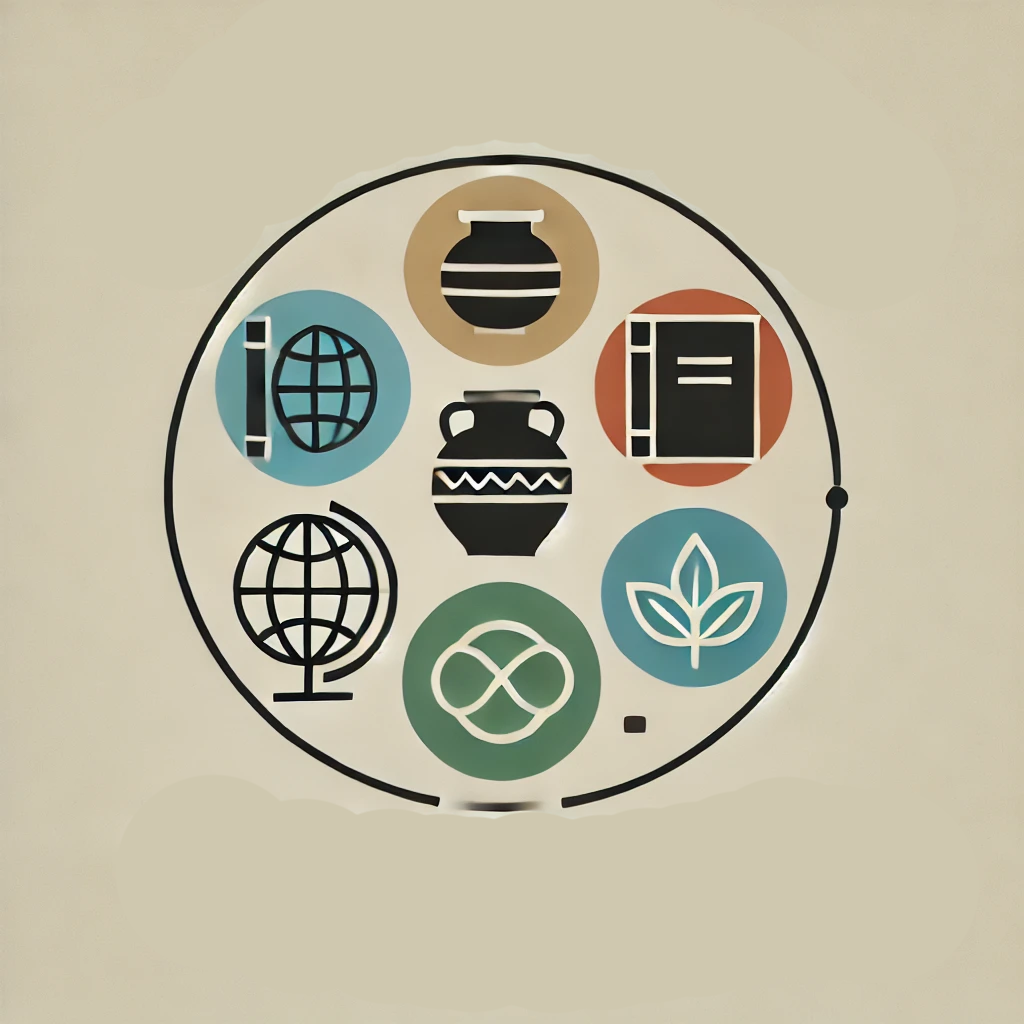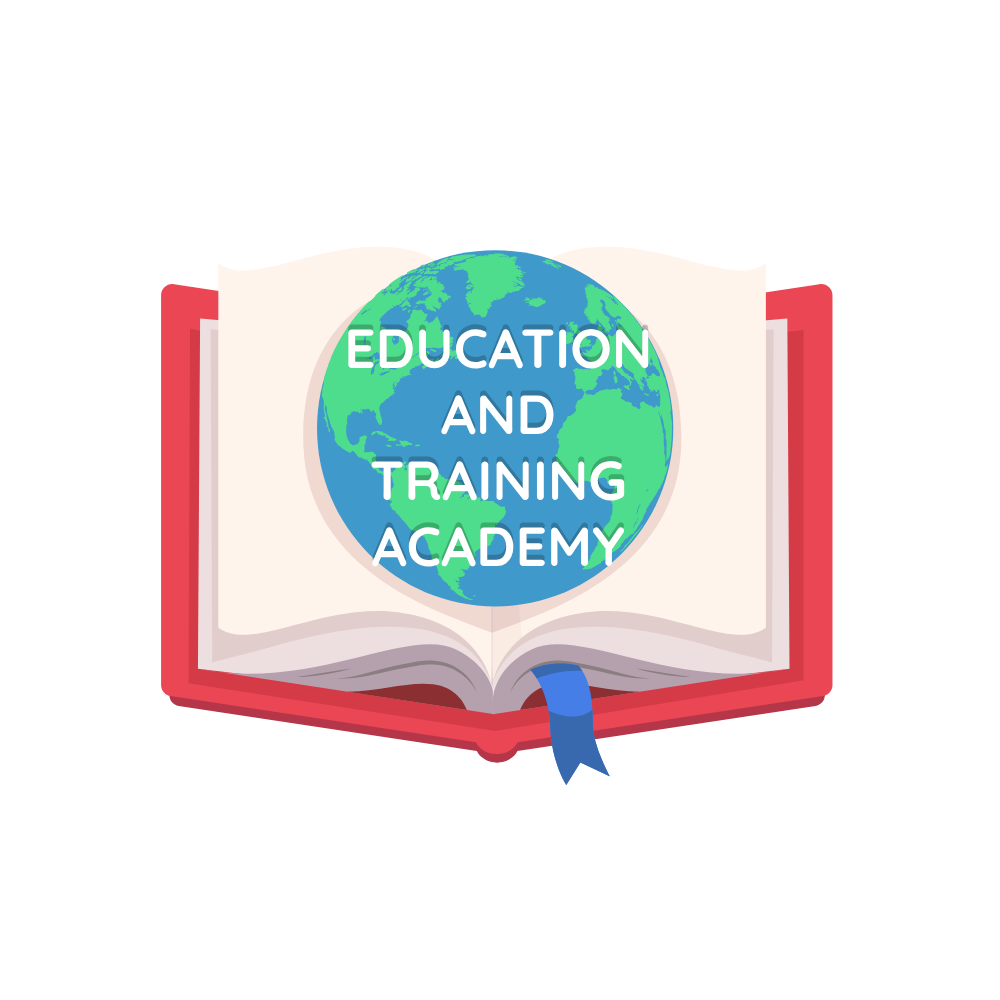PRESERVING CULTURAL HERITAGE: EDUCATING FOR IDENTITY, DIVERSITY, AND SUSTAINABILITY

Certificate Yes
Cost €80/day
Language English
Duration 5 Day course
Cities: Antalya, Bitola
Welcome to the captivating journey of "Preserving Cultural Heritage: Educating for Identity, Diversity, and Sustainability." In a world brimming with vibrant cultures and rich histories, the preservation and celebration of cultural heritage stand as pillars for nurturing individual identity, embracing diversity, and ensuring a sustainable future. This course invites you to delve into the captivating tapestry of cultural heritage, where we explore its profound significance, the hurdles it faces, and the indispensable role education plays in its preservation and promotion.
Description
"Preserving Cultural Heritage" is a journey of transformation crafted to arm educators with the knowledge, strategies, and tools essential for safeguarding and advocating cultural heritage with finesse. Participants will embark on an immersive voyage, delving deep into the various facets of cultural heritage, ranging from tangible artifacts to intangible traditions, from historical narratives to contemporary expressions. Through a blend of engaging discussions, real-world case studies, and hands-on experiences, educators will unravel the intricate tapestry of cultural heritage's influence on shaping individual and collective identities, fostering inclusivity, and contributing to sustainable development.
Throughout this experiential learning odyssey, educators will not only gain insights into the importance of cultural heritage but also explore innovative approaches to integrate its teachings into their educational practice. By fostering a deeper appreciation for cultural diversity and heritage, educators will empower their students to become global citizens equipped with a nuanced understanding of the world around them. Join us on this enriching journey as we embark on a quest to preserve, celebrate, and transmit the rich tapestry of human heritage to future generations.
Key components of the course include:
Understanding Cultural Heritage: Participants will explore the concept of cultural heritage, encompassing both tangible artifacts and intangible traditions, languages, rituals, and knowledge systems. They will delve into the significance of cultural heritage as a source of identity, belonging, and collective memory.
Challenges and Threats: The course will examine the challenges and threats facing cultural heritage, including globalization, urbanization, armed conflict, natural disasters, and climate change. Participants will analyze case studies highlighting successful and unsuccessful preservation efforts.
Educational Approaches: Educators will learn about innovative educational approaches for preserving and promoting cultural heritage, including experiential learning, community engagement, digital technologies, and interdisciplinary collaborations. They will explore strategies for integrating cultural heritage into curricula across various subjects and grade levels.
Cultural Diversity and Inclusivity: The course will emphasize the importance of cultural diversity and inclusivity in preserving cultural heritage. Participants will explore how education can promote intercultural dialogue, mutual respect, and understanding among diverse communities, fostering social cohesion and harmony.
Sustainable Development: Participants will examine the intersection of cultural heritage preservation and sustainable development goals. They will learn about the role of cultural heritage in promoting environmental sustainability, economic prosperity, and social well-being within local and global contexts.
Community Engagement: The course will highlight the significance of community engagement in cultural heritage preservation. Participants will explore best practices for involving local communities, indigenous groups, and marginalized populations in decision-making processes and conservation efforts.
Policy and Advocacy: Educators will gain insights into policy frameworks, legal instruments, and international initiatives aimed at safeguarding cultural heritage. They will learn how to advocate for policies that prioritize cultural heritage preservation and promote social justice and human rights.
Learning Objectives
- Understand the concept of cultural heritage and its significance in shaping individual and collective identities.
- Recognize the challenges and threats facing cultural heritage preservation, including globalization, urbanization, armed conflict, and climate change.
- Explore innovative educational approaches for preserving and promoting cultural heritage in diverse educational settings.
- Appreciate the importance of cultural diversity and inclusivity in cultural heritage preservation and community development.
- Understand the nexus between cultural heritage preservation and sustainable development goals, including environmental sustainability, economic prosperity, and social well-being.
- Engage with local communities, indigenous groups, and marginalized populations in cultural heritage preservation efforts.
- Advocate for policies and initiatives that prioritize cultural heritage preservation, social justice, and human rights.
Methodology and Implementation
Lectures and Discussions: Engaging presentations on key concepts, case studies, and best practices in cultural heritage preservation.
Experiential Learning: Immersive experiences, site visits, and hands-on activities to deepen understanding and appreciation of cultural heritage.
Group Work: Collaborative projects, discussions, and peer learning activities to foster knowledge sharing and teamwork.
Reflection and Journaling: Opportunities for self-reflection, journaling, and critical thinking exercises to enhance learning outcomes.
Guest Speakers: Expert guest speakers from academia, cultural institutions, and community organizations sharing insights and experiences.
Technology Integration: Utilization of digital tools, multimedia resources, and virtual platforms for interactive learning and exploration.
Assessment Implementation
Project-Based Assignments: Development of cultural heritage preservation plans, educational materials, and advocacy campaigns.
Case Studies: Analysis of real-world case studies and best practices in cultural heritage preservation and education.
Reflective Journals: Submission of reflective journals documenting participants' learning experiences, insights gained, and personal reflections.
Group Presentations: Collaborative presentations on cultural heritage preservation projects, community engagement initiatives, or policy advocacy efforts.
Quizzes and Assessments: Completion of quizzes and assessments to gauge understanding of key concepts, theories, and case studies.
Final Project: Completion of a final project that integrates knowledge and skills acquired throughout the course, such as a cultural heritage preservation plan, educational resource, or advocacy campaign.
Daily Programme
Day 1: Understanding Cultural Heritage
Morning Session:
- Welcome and Course Overview
- Introduction to Cultural Heritage: Concepts and Significance
Afternoon Session:
- Challenges and Threats to Cultural Heritage Preservation
- Case Study Analysis: Successes and Failures in Preservation Efforts
Day 2: Educational Approaches for Cultural Heritage Preservation
Morning Session:
- Innovative Educational Approaches: Experiential Learning and Community Engagement
- Workshop: Designing Culturally Responsive Curriculum Materials
Afternoon Session:
- Integrating Cultural Heritage Across Subjects: Interdisciplinary Collaboration
- Digital Technologies for Cultural Heritage Preservation and Education
Day 3: Cultural Diversity and Inclusivity
Morning Session:
- Celebrating Cultural Diversity: Promoting Inclusivity in Cultural Heritage Preservation
- Guest Speaker: Community Engagement and Indigenous Perspectives
Afternoon Session:
- Interfaith Dialogue and Cultural Exchange: Fostering Mutual Understanding
- Workshop: Designing Inclusive Educational Activities and Events
Day 4: Sustainable Development and Policy Advocacy
Morning Session:
- Cultural Heritage and Sustainable
- Policy Frameworks and International Initiatives for Cultural Heritage Preservation
Afternoon Session:
- Advocacy Strategies: Mobilizing Communities and Stakeholders
- Group Project Planning: Developing Advocacy Campaigns and Policy Recommendations
Day 5: Community Engagement and Action
Morning Session:
- Community-Based Conservation Initiatives: Empowering Local Stakeholders
- Workshop: Engaging Communities in Cultural Heritage Preservation Projects
Afternoon Session:
- Final Project Presentations
- Closing Ceremony and Certificate Distribution
- Reflection and Feedback
